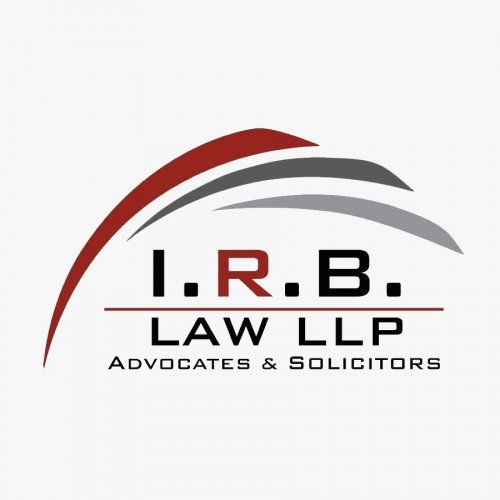Best Franchising Lawyers in Jurong East
Share your needs with us, get contacted by law firms.
Free. Takes 2 min.
List of the best lawyers in Jurong East, Singapore
About Franchising Law in Jurong East, Singapore
With its robust economy and supportive regulations, Singapore, especially areas like Jurong East, has become a hub for franchising opportunities. The franchising law regulates the relationship between the franchisor and the franchisee, ensuring that the rights and responsibilities of both parties are respected. These laws cover obligations regarding disclosure, termination and non-renewal, competition, and dispute resolution. Understanding the nuances of these laws can aid in making sound business decisions while avoiding legal pitfalls.
Why You May Need a Lawyer
Engaging a lawyer can be helpful in a number of situations when dealing with franchising. These can include drafting and reviewing franchise agreements, assisting in dispute resolution, ensuring compliance with Singapore’s laws and franchising code of conduct, and providing support during termination and renegotiation phases. An experienced lawyer can aid in safeguarding your interests while allowing you to navigate the franchising domain with confidence.
Local Laws Overview
Singapore has a pro-business legal framework with no specific legislation governing franchising. However, various statutes such as the Competition Act, the Contracts Rights of Third Parties Act, and the Personal Data Protection Act have implications on the franchise business. Litigation disputes typically arise over intellectual property rights, contract issues or the Competition Act. Thus, understanding these laws and their application is crucial for running a franchise business in Jurong East.
Frequently Asked Questions
1. Does Singapore have specific franchise laws?
Unlike some countries, Singapore does not have a specific franchise law. However, franchising transactions are governed by various statutes and codes of conduct that affect contract obligations, competition, and disclosure among others.
2. What are some common disputes in franchising?
Common franchising disputes include disagreements over territory rights, advertising contributions, supply terms, non-competition issues, and intellectual property rights.
3. Can I terminate a franchising agreement?
Termination of a franchising agreement in Singapore is possible, but it required careful review of the contract and its termination clause. Legal advice is crucial in such situations to avoid contract breaches.
4. Is it compulsory to register a franchise in Singapore?
No, it is not compulsory to register a franchise in Singapore. However, certain aspects of a franchise, such as registered trademarks, should be protected through registration.
5. How can I resolve a franchising dispute?
Franchise disputes can be resolved through negotiation, mediation, arbitration, or litigation, depending on what is specified in the franchising contract. Legal counsel can advise on the best course of action.
Additional Resources
The Competition and Consumer Commission of Singapore (CCCS) provides guidelines on various aspects of commerce, including franchising. The Intellectual Property Office of Singapore (IPOS) can also provide support and advice for intellectual property issues that often arise in franchising.
Next Steps
If you are in need of legal assistance for franchising in Jurong East, a good first step is to contact a knowledgeable lawyer in this field. Assess their understanding of franchising law and discuss your specific case to make an informed decision. It is advisable to engage a lawyer early in your franchising journey to ensure that all legal precautions are being taken.
Lawzana helps you find the best lawyers and law firms in Jurong East through a curated and pre-screened list of qualified legal professionals. Our platform offers rankings and detailed profiles of attorneys and law firms, allowing you to compare based on practice areas, including Franchising, experience, and client feedback.
Each profile includes a description of the firm's areas of practice, client reviews, team members and partners, year of establishment, spoken languages, office locations, contact information, social media presence, and any published articles or resources. Most firms on our platform speak English and are experienced in both local and international legal matters.
Get a quote from top-rated law firms in Jurong East, Singapore — quickly, securely, and without unnecessary hassle.
Disclaimer:
The information provided on this page is for general informational purposes only and does not constitute legal advice. While we strive to ensure the accuracy and relevance of the content, legal information may change over time, and interpretations of the law can vary. You should always consult with a qualified legal professional for advice specific to your situation.
We disclaim all liability for actions taken or not taken based on the content of this page. If you believe any information is incorrect or outdated, please contact us, and we will review and update it where appropriate.








